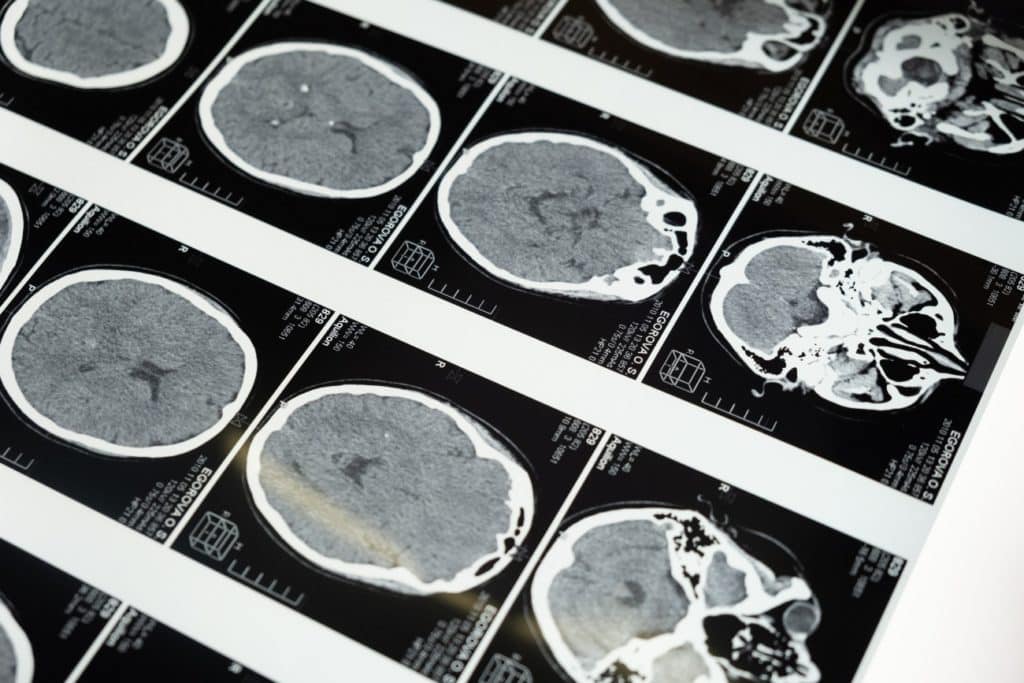There is no question that since alcohol is a legal substance, much of our society socially accepts drinking-related and other drug-using behaviors. With society’s widespread normalization of drinking alcohol, most of our youth aimlessly wait to reach the legal drinking age. Some of our youth may even grow up associating these substance-using behaviors with maturity. As they wish to grow up, their childhood and adolescence become tainted by their inability to be present and mindful.
Unfortunately, much of our society blindly follows the status quo of drinking alcohol and using other substances, even for recreational pleasure. But the truth is that most people who use alcohol and other drugs have no idea how these substances impact the brain. Simply put, drug use severely interferes with brain structure and functioning. By understanding how drug use – even in moderation – affects the brain, individuals can feel more prepared to make informative decisions surrounding substance-using behaviors in the future.
How Does the Brain Work?
The brain is the most complex organ in our body. It is the center of all human activity. We use our brains to think, feel, act, and be. It regulates all our automatic functions, such as breathing and keeping our heart beating and allows us to interpret stimuli from our external environment. Our brain is the very core of who we are.
The easiest way to understand the brain’s structure is to compare it to a computer. However, instead of considering electrical circuits within a computer, our brain consists of billions of neurons organized into many circuits and networks. Every neuron helps control the flow of information within the brain and body by acting as a switch.
Brain circuits coordinate with one another to perform and carry out specific tasks of the brain and body. Networks of neurons work together, sending signals back and forth to make this happen. It may be helpful to understand that these networks of neurons exist not only in the brain but also in nerves within the spinal cord and throughout the entire body.
Further, neurons are responsible for regulating communication between different parts of the body. Neurons send messages to each other by releasing neurotransmitters between themselves and receiving neurons. A neurotransmitter attaches to the receptor on the receiving neuron, similar to how a key fits into a lock. As a result, the receiving neuron is changed.
How Do Drugs Interfere With Communication in the Brain?
Once an individual becomes familiar with how the brain works normally, it can be much easier to understand how drug use can interfere with brain structure and functioning. In general, alcohol and other drugs interfere with how neurons send, receive, and process neurotransmitter signals. Every drug does this differently, and as a result, each part of the brain is affected differently.
The Brain’s Reward Center
For example, one of the most notable brain areas affected by repeated substance use is the brain’s reward center. The neurotransmitter dopamine is responsible for this. In healthy individuals, activities such as eating, socializing, and having sex cause the brain’s reward center to activate as these activities release dopamine in the brain. The release of dopamine causes the brain to acknowledge a behavior as pleasurable and is responsible for motivating repeated pleasurable behaviors in the future.
However, exposure to alcohol and other drugs overrides the brain’s reward center because substance use produces abnormal dopamine surges. In other words, substance use produces more significant amounts of dopamine than any normal and healthy activity ever could. Since the brain is wired to repeat pleasurable activities from dopamine, it will attempt to seek out substance use repeatedly. This is why individuals are already at a higher risk of developing an addiction after using substances just one time.
The Nervous System
Another system that is affected by substance use is the nervous system. Typically, many people who struggle with substance use often struggle with self-medicating practices. Self-medicating is the use of alcohol and other drugs in an attempt to relieve mental and emotional distress.
Despite the effects of substance use producing temporary relief within the brain and body, alcohol and other drugs interferes with the nervous system. Self-medicating with substances dysregulates the nervous system. As a result, when an individual is not using substances, their body will experience withdrawal symptoms, such as anxiety and irritability. It is only a matter of time before these uncomfortable withdrawal symptoms motivate an individual to use substances again. Eventually, individuals will no longer seek out these behaviors to feel pleasure but to relieve such discomfort.
Specific Substance Effects
As mentioned previously, every drug interferes with brain communication differently, which produces different effects for the brain and body. For example, drugs like marijuana and heroin activate neurons in the brain because the chemical structures of these drugs mimic natural neurotransmitters. However, although they mimic natural chemicals, they activate neurons in abnormal ways and create abnormal messages.
On the other hand, stimulants such as amphetamines and cocaine can release neurotransmitters in significant surges. This can prevent the regular cycling of brain chemicals and can amplify, as well as disrupt, normal communication in the brain.
Here, we only scratch the surface of how alcohol and drug use impacts the brain. It is important to remember that substance use interferes with nearly all brain areas and associated functioning.
Understanding how substance use can lead to dysregulated functioning throughout the brain and body is essential. SoCal Mental Health is a treatment center that believes education is vital before, during, and after treatment, especially regarding substance use. We treat many mental health and substance use disorders through evidence-based and holistic therapy approaches. We know how uncomfortable it can be to accept help and support, but know that you deserve to live a life free from the ties of substance use. To learn more about our treatment center and the programs we offer, do not hesitate to give us a call today at (949) 502-2041.












